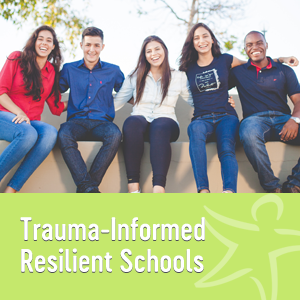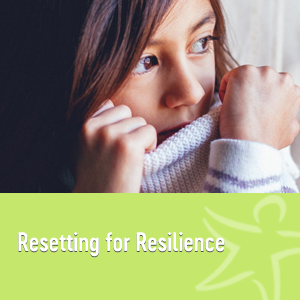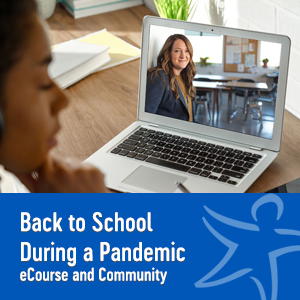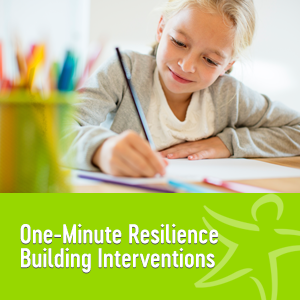In Native American and First Nations cultures, significance was nurtured in communities of belonging. Lakota anthropologist Ella Deloria described the core value of belonging in these simple words: “Be related, somehow, to everyone you know.” Treating others as kin forges powerful social bonds that draw all into relationships of respect. Theologian Marty observed that throughout history the tribe, not the nuclear family, always ensured the survival of the culture. Even if parents died or were not responsible, the tribe was always there to nourish the next generation.
In the classroom, ensuring a sense of belonging for each and every student is critical for success. While this theory is easy to grasp, the reality of developing that sense of belonging isn’t always as clear. To support educators in their everyday practices, Starr has developed a simple self-assessment to help you reach your universal needs goals. Below, Dr. Soma explains the self-assessment tool in our latest Back to School During a Pandemic episode. Click below the video to download your belonging self-assessment. You can print it out, post it around your desk, and ask yourself each week how well you did building belonging!
Our full Circle of Courage staff self-assessment is featured in Starr's 10 Steps to Create a Trauma-Informed, Resilient School. This resource provides the foundation to empower students, staff, and family. Not only does 10 Steps feature easy to implement steps, but includes case studies, worksheets, and behavior intervention forms. Purchase today and save 50%!
More related resources from Starr Commonwealth
Developed by Starr’s 2nd President, Dr. Larry K. Brendtro (PhD), and his colleagues, the Circle of Courage® provides the philosophical foundation for Starr’s resilience-focused approach to working with children, families, and communities, in addition to the work of Reclaiming Youth International.
